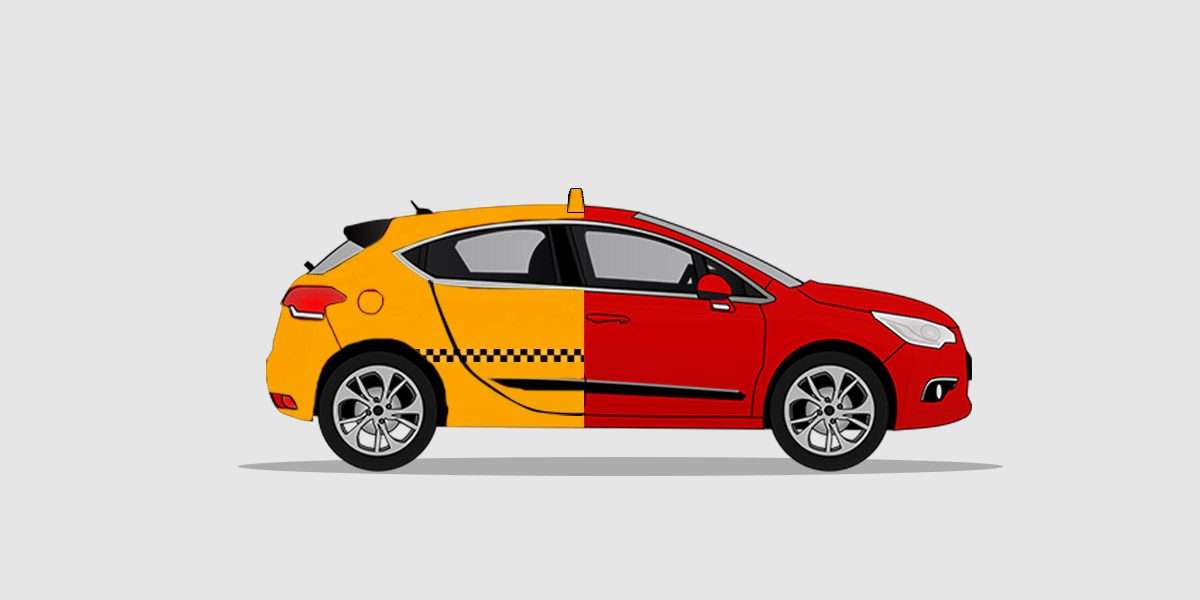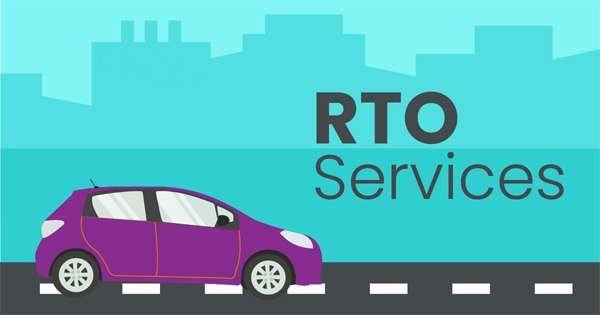Embracing Change: A New Era for Personal Vehicles
In a groundbreaking move, the Tamil Nadu state government has opened doors for car owners to transform their personal vehicles into taxis. This progressive decision extends to all privately owned cars, including luxurious models bearing white number plates, granting them the opportunity to transition into commercial vehicles. Unlike the previous restrictions that limited specific car models from operating as taxis, this new regulation widens the scope for car owners.
Streamlined Process: Obtain Your Taxi Permit with Ease
Starting this Friday, individuals interested in utilizing their cars as taxis can acquire a motor or maxi cab permit from their respective Regional Transport Office (RTO). The process involves the payment of a fee ranging from 625 to 1,150, depending on the number of seats in the vehicle, along with the submission of necessary documents. The obtained permit will remain valid for a generous five-year period.
A Vibrant Transformation: Yellow Plates and Personal Taxi Services
Upon approval from the RTO, car owners gain the liberty to change their number plate color to yellow, signifying the shift to operating as a taxi or providing travel services. However, these vehicles will be subject to annual fitness tests conducted by the RTO to ensure safety and compliance with standards.
Empowering Car Owners: Set Your Own Fares
This permit not only liberates car owners to convert their vehicles but also allows them the flexibility to determine their own fares. Unlike the past, where this transfer option was limited to specific car models, the new regulations empower car owners to establish competitive pricing strategies.
Navigating Change: Impact on the Taxi Industry
The move to grant taxi permits during new car registrations is anticipated to have a significant impact on traditional app-based cab aggregators like Ola and others. These platforms, known for charging premium fares for short city trips, might face challenges as commuters gain access to a broader range of taxi options in their localities.
Meeting Demand: Addressing the Taxi Shortage
Transportation activist S. Kamal highlights the current dependency on aggregators for taxi services and expresses optimism about the increased availability of options in local neighborhoods. This expansion is expected to encourage more bookings, especially for extended trips on weekends and holidays.
Statistical Landscape: A Glimpse into Tamil Nadu’s Vehicle Dynamics
Official data reveals that Tamil Nadu boasts nearly 34 lakh cars, with Chennai alone accounting for one-fourth of this figure, totaling 9 lakh cars. Surprisingly, the number of registered taxis in the city is a mere 17,000, despite a population exceeding 10 million. This move is poised to bridge the gap and enhance accessibility for commuters.
Visionary Perspective: Enhancing Tourist Experience
State Transport Commissioner A. Shanmugha Sundaram emphasizes the positive impact on tourism, particularly for those seeking luxurious or high-capacity vehicles. Previously, tourists had to rely on vehicles from neighboring states, subjected to exorbitant fares. This regulatory change aims to provide tourists with better options, ensuring more reasonable taxi fares.
In conclusion, the Tamil Nadu government’s decision to allow the conversion of personal cars into taxis marks a transformative moment, benefiting both car owners and the community at large. This strategic move not only addresses the taxi shortage but also fosters a more competitive and consumer-friendly taxi industry in the state.
The Road Ahead: Nurturing a Thriving Taxi Ecosystem
Adapting to Change: Tech Integration and Modernization
With personal cars joining the taxi fleet, there’s an opportunity for the integration of modern technology to streamline services. The state could explore avenues like mobile apps for local taxi services, ensuring a seamless and user-friendly experience for both drivers and passengers. This adaptation to technological advancements aligns with global trends, fostering efficiency and convenience.
Environmental Impact: Paving the Way for Sustainable Transportation
As the number of taxis increases, there’s a parallel responsibility to address environmental concerns. Encouraging the use of eco-friendly vehicles within the taxi fleet can contribute to reducing carbon emissions. Incentivizing electric or hybrid cars could align with the global push for sustainable transportation, positioning Tamil Nadu as a forward-thinking and environmentally conscious region.
Community Engagement: Shaping the Future Together
The success of this transformative initiative lies in community engagement. Public awareness campaigns, workshops, and forums can educate both car owners and the general public about the benefits and responsibilities associated with the new taxi regulations. Building a sense of collective responsibility fosters a positive environment for the growth of the taxi ecosystem.
Regulatory Flexibility: Fine-Tuning Policies for Optimal Results
The state government should consider periodic reviews and adjustments to the new regulations to ensure they align with the evolving needs of the taxi industry. This proactive approach allows for the identification of potential challenges and the implementation of effective solutions, fostering a regulatory environment that nurtures healthy competition and continuous improvement.
Collaboration with Stakeholders: A Unified Approach
Creating a platform for collaboration between the government, car owners, taxi drivers, and technology providers can result in a unified approach to the growth of the taxi ecosystem. Regular dialogues and feedback mechanisms can address concerns, promote innovation, and ensure that the evolving industry landscape benefits all stakeholders.
Job Creation: A Silver Lining for Employment
The expansion of the taxi industry presents a silver lining in terms of job creation. Beyond the taxi drivers, there’s potential for employment in areas such as maintenance, customer service, and technology support. This ripple effect contributes to the overall economic development of the state, creating a holistic impact on livelihoods.
Conclusion: A Bold Step into a New Era of Mobility
The decision to convert personal cars into taxis in Tamil Nadu is not just a regulatory shift; it’s a leap into a new era of mobility. By empowering car owners, addressing transportation gaps, and embracing innovation, the state is setting the stage for a robust and inclusive taxi ecosystem. The road ahead is paved with opportunities for economic growth, environmental sustainability, and community well-being. As Tamil Nadu navigates this transformative journey, it stands as a beacon of progressive change in the realm of transportation.




